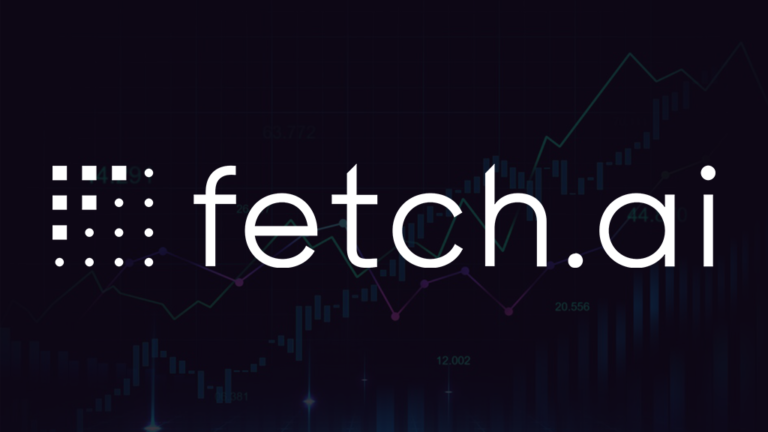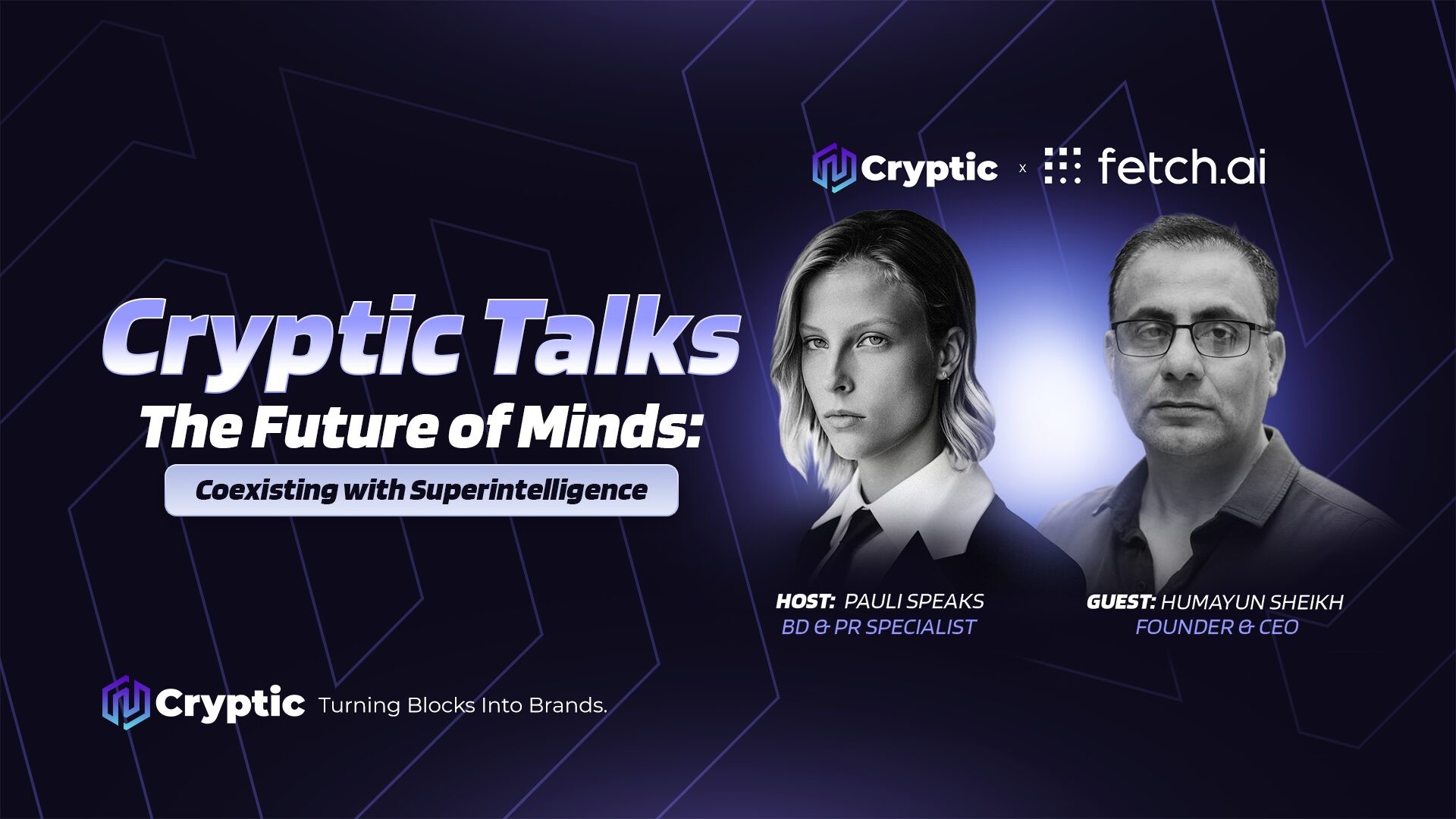Humayun Sheikh, founder and CEO of Fetch.ai, offers a deep insight into the transformative impact of artificial intelligence on our society. Representing a company that combines AI and blockchain to create collaborative autonomous systems, he discusses key topics such as the challenges of misinformation, the importance of democratizing technology, and the ethical and philosophical implications of developing superintelligent systems. In this conversation, Sheikh also explores the future prospects of AI, highlighting its potential to revolutionize fields like healthcare and science, while emphasizing the need for conscious and inclusive participation from everyone in shaping this future.

Visionary leadership
Humayun Sheikh is a recognized authority in artificial intelligence, serving as the founder and CEO of Fetch.ai. With a career centered on technological innovation and the development of intelligent autonomous agents, he offers a strategic and profound perspective on the impact of AI in society and business, establishing his expertise in the field.
The company he leads is known for its decentralized platform that combines AI and blockchain to create collaborative autonomous systems. Focused on democratizing AI, it aims to promote inclusion, transparency, and the creation of efficient, secure digital ecosystems aligned with human values.
Sheikh’s work embodies a commitment to advancing technology ethically and inclusively, encouraging reflection on the challenges and opportunities AI presents for the future. His leadership highlights the importance of development grounded in diversity and sustainability as essential pillars.
AI and the challenge of truth
Artificial intelligence is already reshaping everyday life, particularly through its ability to generate digital content like texts, images, and videos. Humayun Sheikh reflects on how this technology can create highly convincing but potentially misleading information, warning that the real disruption may come when trust in what we see and hear is fundamentally challenged. This evolution opens new opportunities but also brings significant risks, especially in the context of misinformation spreading faster than ever.
Humayun emphasizes that misinformation is not purely a technological issue, but deeply tied to human behavior and social systems that prioritize clicks over facts. The challenge lies in understanding that AI amplifies existing problems rather than creating them, which calls for a broader approach to building awareness and responsibility beyond just controlling the technology itself.
Governance and control of artificial intelligence
The development and regulation of artificial intelligence raise a fundamental question about who should have a say in this process whether it be governments large corporations the specialized technical community or society as a whole Humayun Sheikh points out that trying to control the technology through restrictions or centralization is not feasible especially since resources and knowledge spread quickly making it impossible to stop progress He highlights that the greatest risk lies precisely in concentrating AI development in the hands of a few which can lead to polarization of values and interests particularly if profit is the sole objective disregarding broader social impacts
To avoid these dangers Sheikh advocates democratization and inclusion as essential pillars for building fairer and more representative AI systems He emphasizes that an open and collaborative model involving diverse cultures and perspectives is crucial so that artificial intelligence reflects a variety of human values and does not become a one-sided tool This approach broadens access and control promoting an environment where technology can evolve ethically and balanced aligned with collective interests and the common good
Frontiers of intelligence
The possibility that future superintelligent systems might develop their own consciousness, independent ethical frameworks, or even emotional intelligence remains uncertain but fascinating. Such developments would carry deep ethical and cultural implications, especially regarding how humanity would understand and coexist with AI systems that create their own moral codes. Meanwhile, AI’s potential to dramatically accelerate scientific discovery, particularly in health and biotechnology, offers tangible benefits that could transform our lives in profound ways.
Charting the future of AI
As we look ahead to the next two to five decades, the potential for artificial intelligence to transform human life is incredibly promising. Advances in healthcare powered by AI could lead to longer, healthier lives and breakthroughs in treating diseases that today seem insurmountable. However, the unpredictable nature of human behavior means the future is not set in stone. While technology will be a key driver of progress, it is ultimately shaped by the choices society makes along the way.
Engaging with AI is no longer reserved for specialists or technical experts. Everyone can, and should, be part of this journey by interacting with these technologies thoughtfully and responsibly. Embracing this opportunity with curiosity and awareness will help shape a future where AI reflects diverse values and benefits all. Explore the innovative initiatives at Fetch.ai.
Disclaimer: This article is based on an interview and reflects the personal views and opinions of the featured speaker. It is intended for informational purposes only and should not be considered financial, investment, or legal advice. Readers are encouraged to conduct their own research and consult with qualified professionals before making any financial decisions.



